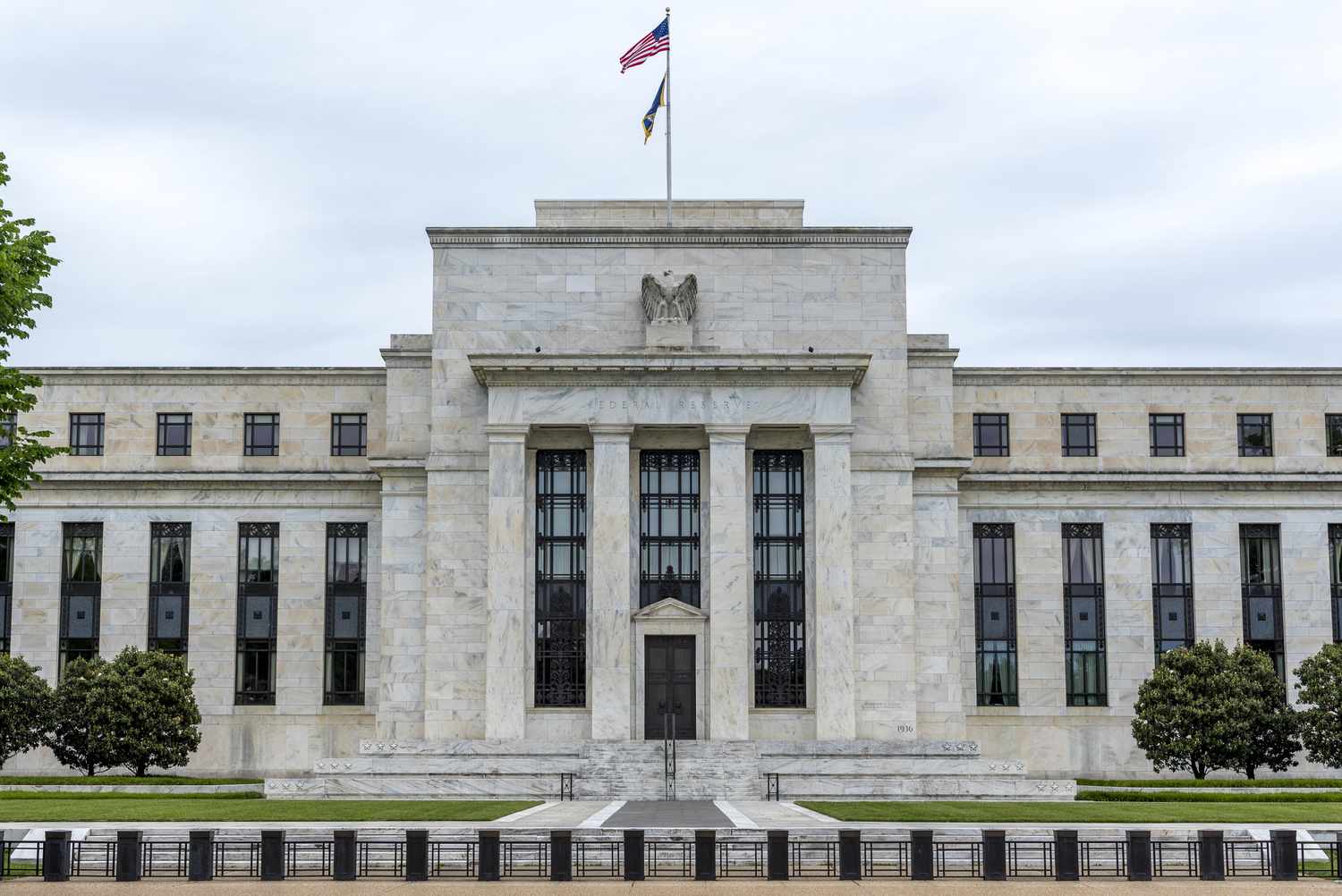In a recent interview with BBC News, Raphael Bostic, the President of the Atlanta Federal Reserve, emphasized the need for patience regarding interest rate cuts amidst sluggish inflation. Bostic suggested that inflation was only declining at a slow pace and urged against rushing into monetary policy adjustments.
Bostic indicated that US interest rates might need to remain at a “restrictive level” and hinted that any potential easing might not occur until the end of 2024. This stance, reflecting a departure from earlier market expectations of imminent rate cuts, has reverberated across the global economy, impacting government borrowing costs, including in the UK.
The Chancellor Jeremy Hunt acknowledged the interconnectedness between the US and UK economies, noting that developments in the US, such as higher-than-expected inflation, had influenced market yields in the UK. Changes in government debt markets can translate into higher borrowing costs for mortgages and businesses.
Bostic, who holds voting power in deciding US interest rates, highlighted the robust performance of the American economy, noting its resilience and job creation. Despite this strength, inflation remains stubbornly high, prompting Bostic to advocate for patience in considering rate cuts.
Expressing concern about mounting US government debts, Bostic raised questions about the impact on confidence in the country’s creditworthiness. He emphasized the importance of addressing fiscal challenges, particularly in light of the upcoming presidential election.
Regarding the US dollar’s status as the world’s primary reserve currency, Bostic underscored the need for vigilance, likening it to fastening a seatbelt for safety. While affirming the dollar’s current stability, he emphasized the collective responsibility to ensure its continued security in global financial markets.
Bostic’s remarks highlight the delicate balance facing central bankers amidst economic uncertainties, underscoring the importance of measured policy responses to navigate evolving challenges.




